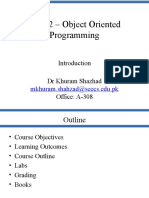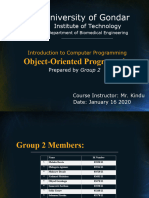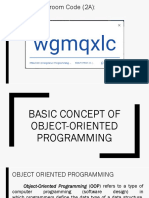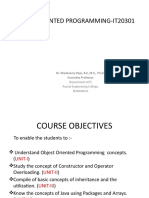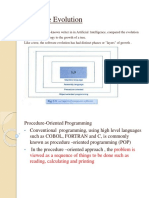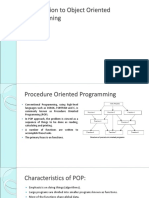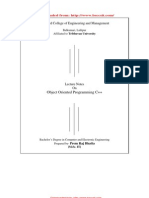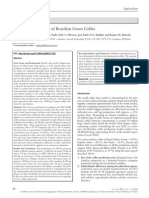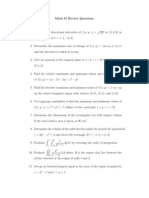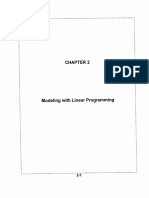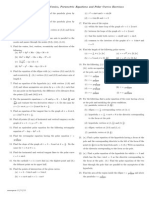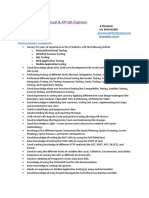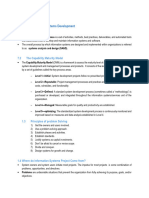0% found this document useful (0 votes)
39 views8 pagesLecture 12
This document provides an introduction to object oriented programming (OOP). It defines OOP as a programming paradigm that uses objects, which consist of bundled data and methods. The key concepts of OOP discussed include classes, which define the properties and behaviors of objects, instances, which are actual objects created at runtime from classes, and methods, which are functions that objects can perform. An example used is the Dog class having properties like breed and methods like bark().
Uploaded by
AbbyCopyright
© © All Rights Reserved
We take content rights seriously. If you suspect this is your content, claim it here.
Available Formats
Download as PDF, TXT or read online on Scribd
0% found this document useful (0 votes)
39 views8 pagesLecture 12
This document provides an introduction to object oriented programming (OOP). It defines OOP as a programming paradigm that uses objects, which consist of bundled data and methods. The key concepts of OOP discussed include classes, which define the properties and behaviors of objects, instances, which are actual objects created at runtime from classes, and methods, which are functions that objects can perform. An example used is the Dog class having properties like breed and methods like bark().
Uploaded by
AbbyCopyright
© © All Rights Reserved
We take content rights seriously. If you suspect this is your content, claim it here.
Available Formats
Download as PDF, TXT or read online on Scribd
/ 8




